What’s the Cost of a New Roof
A long-lasting and affordable roof replacement is an important investment that most homeowners will face at some point in their lives. The cost of a roof replacement averages around $10,000, with typical prices ranging from $6,000 to $20,000. These prices can vary widely depending on factors such as your location, the type of roofing material you choose, the pitch of your roof, and its overall size.
For example, more premium materials like metal or slate will increase the cost, while basic asphalt shingles are more budget-friendly. Similarly, steeper roofs may require specialized labor, raising the price.
In this guide, we’ll dive deeper into the various factors that influence roof replacement costs and provide tips to help you plan and budget for this essential home improvement. Whether you’re replacing your roof due to age, damage, or simply for aesthetic upgrades, understanding these factors will help you make informed decisions and protect your home for years to come.
Factors Impacting Average Cost of a Roof Replacement
Size
Roof replacement costs vary between $3.5 and $12 per square foot. Since most roofing companies estimate these projects based on square footage, larger roofs will naturally incur higher costs.
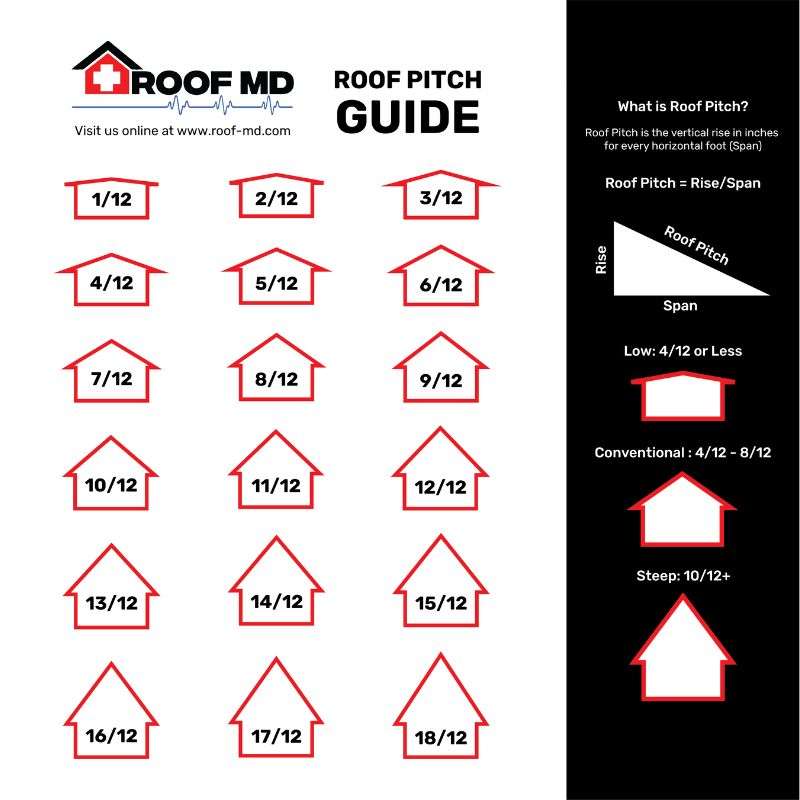
Roof Pitch
The slope of your roof, also known as its pitch, plays a vital role. A steeper pitch means more labor, and specialized equipment, resulting in higher replacement costs. When determining your roof’s pitch, think about the vertical rise in inches for every horizontal foot.
For example, if your roof rises six inches vertically for every horizontal foot, you will express it as 6:12. Roof pitches typically range from 3:12 to 6:12, with a 12:12 pitch representing a 45-degree angle.
Here is an interesting fact: replacing a low-pitched or flat roof costs about half as much as replacing a steep-pitched one. A steeper roof needs more materials to cover the extra square footage, which means higher costs.
If your roof has a pitch over 6:12, it is considered complex, possibly requiring specialized equipment for safe work, which could add up to $3,000 in additional costs.
NUMBER OF STORIES
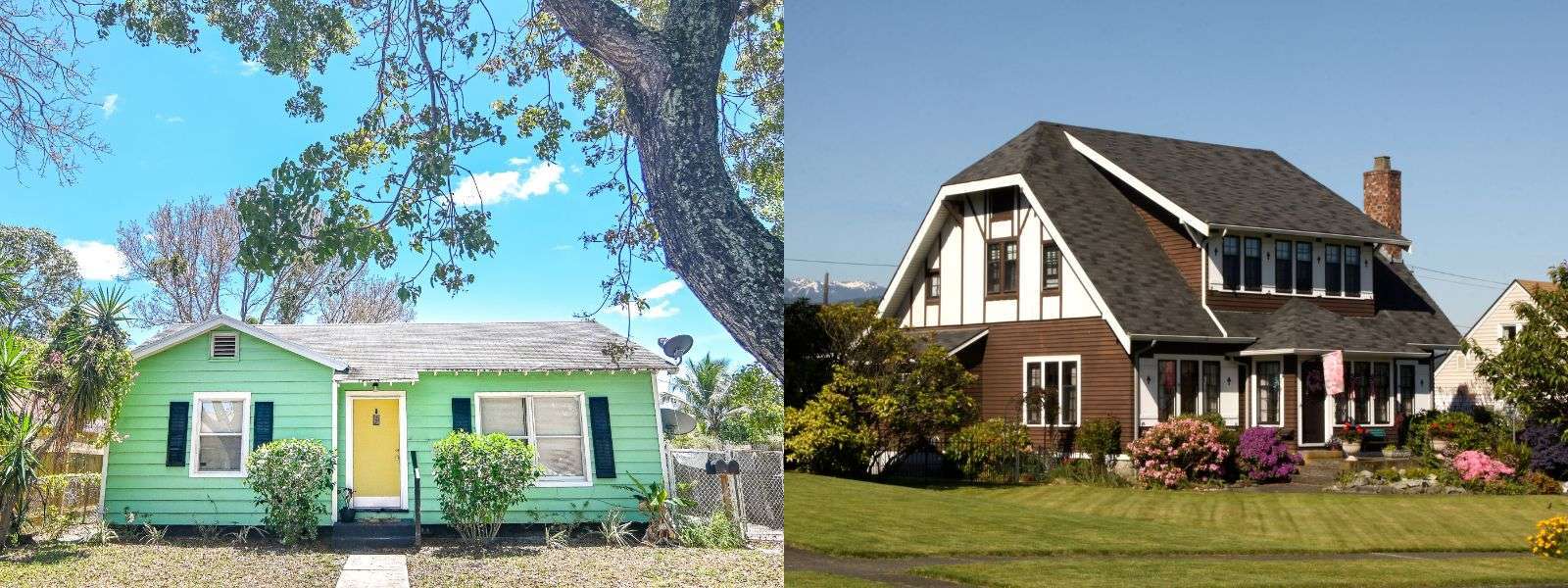
The number of stories in your home also significantly impacts roof replacement costs. Multi-story homes are more challenging to work on, as roofing professionals need to scale taller ladders and use extra safety gear. The logistics of moving materials and equipment to higher levels also take more time and effort. For homes with three or more stories, expect higher labor costs, as these projects require greater precision and caution.
For instance, roofing a single-story home is relatively straightforward compared to a three-story property, where safety becomes a top concern. Roofing teams often need to use scaffolding or lift systems to ensure the job is done correctly and without risk. These additional requirements ensure a solid, well-protected roof over your head but can significantly increase the overall cost.
Type of Roofing Materials and Material Cost
The material you choose affects your roof replacement costs too. When it comes to replacing a roof, it is generally a good idea to stick with similar materials. If you have an asphalt shingled roof, it’s usually best to replace it with asphalt shingles. Switching from wood shake to asphalt roofing is possible, but it may come with extra costs to prepare your home.
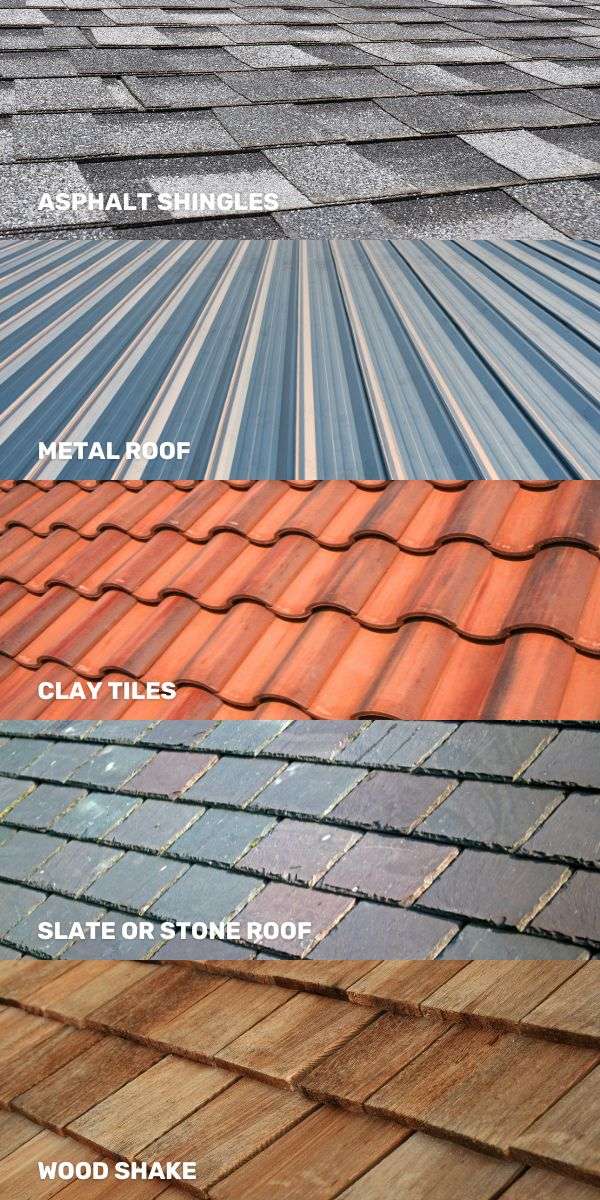
Asphalt Roof Shingles Cost | $3-6 Per Sq. Ft.
Asphalt shingles, one of the most popular roofing materials, are beloved for their versatility, affordability, and ease of installation. With their lightweight design and cost-effectiveness, they effortlessly transform any roof into a practical and visually appealing structure. Asphalt shingles are available in a wide variety of colors, thicknesses, and styles, allowing homeowners to customize their roofs to perfectly match the aesthetic of their property.
Additionally, they are designed to work well in a range of climates, offering reliable weather resistance. While they are not the longest-lasting roofing option, their balance of affordability and performance makes them an excellent choice for many homeowners.
Metal Roof Cost | $6 – 12 Per Sq. Ft.
Metal roofs are an increasingly popular choice for homeowners seeking durability and energy efficiency. These roofs come in a wide range of materials, including stainless steel, galvanized steel, tin, aluminum, copper, and zinc, each offering unique benefits. Metal roofs are known for their ability to withstand harsh weather conditions, including heavy rains, strong winds, and even hail. Their reflective properties make them incredibly energy-efficient, helping to reduce cooling costs during hot summers.
Additionally, metal roofs often require less maintenance over time compared to other materials. However, some metal types may need additional reinforcement to support their weight, especially during installation on older homes. Despite the higher upfront cost, the long lifespan and minimal maintenance costs of metal roofs make them a worthwhile investment for many homeowners.
Clay Tiles Cost | $7 – 12 Per Sq. Ft.
Clay tiles are a timeless roofing option that combines durability, customizable aesthetics, and ease of maintenance. These tiles are available in a wide variety of shapes, colors, and finishes, giving homeowners the freedom to create a distinctive look for their roof. Clay tiles are especially popular in regions with warmer climates, as they offer excellent thermal insulation and reflectivity, helping to keep homes cooler. In terms of performance, concrete tiles are an excellent alternative to traditional clay, providing superior strength and resistance to cracking or brittleness.
However, it’s worth noting that clay tiles can be heavy, so proper structural support is essential before installation. Although clay tiles tend to have a higher upfront cost, their durability and low maintenance make them a long-term, cost-effective solution.
Slate or Stone Roof Cost | $7 – 15 Per Sq. Ft.
Stone slate is one of the most durable and elegant roofing materials available. Known for its natural beauty and unmatched longevity, slate is a premium choice for homeowners willing to invest in their property’s long-term value. Slate roofs can last over 100 years with proper maintenance, making them one of the most enduring roofing systems on the market. They are resistant to fire, mold, and extreme weather, ensuring outstanding performance in a variety of climates.
However, slate is a heavy material, requiring substantial roof reinforcement to maintain structural integrity. Additionally, the cost of installation can be higher due to the expertise needed to properly work with slate. Despite these factors, the timeless appeal and incredible lifespan of a slate roof make it a worthwhile investment for those seeking beauty and durability.
Wood Shake Cost | $7 – 10 Per Sq. Ft.
Wood shakes and shingles add a charming, rustic aesthetic to any home, making them a favorite among those seeking a natural, earthy look. They are relatively easy to install and can complement a variety of architectural styles. However, wood shakes come with significant drawbacks. They require regular maintenance to prevent issues such as moisture damage, rot, and insect infestations.
Additionally, wood shingles are less durable than other materials and tend to deteriorate faster, especially in areas with harsh weather conditions. Most notably, they lack fire resistance, which can be a dealbreaker in regions prone to wildfires. While their visual appeal is undeniable, homeowners should carefully weigh the drawbacks before choosing wood shakes for their roof.
Be Careful Though
Before selecting a roofing material, it’s essential to consider factors such as building codes, roof pitch, and weight limits, as certain homes may have restrictions on what materials can be used. Additionally, local regulations or homeowner’s association rules may limit your choices. Consulting with a professional roofing contractor is a smart step to ensure your roof is both aesthetically pleasing and structurally sound.
A knowledgeable contractor can help you navigate these requirements and recommend the best material for your home and climate, ensuring your roof stands strong for years to come.
Location
The cost of a roof replacement doesn’t just depend on materials—it also varies by location. Local labor rates and material prices can greatly influence the total cost. For example, roofing projects in metropolitan areas with higher costs of living will generally be more expensive than similar projects in rural areas. Unique climates also play a role.
Homes in regions with severe weather conditions, such as extreme cold, heavy snowfall, or intense heat, may require specialized roofing materials that come with higher costs. Additionally, roofers working in challenging environments may charge extra to account for the increased effort required. Homeowners near coastal areas or in regions with “cool roof” mandates may also face added expenses due to specific code requirements, permitting fees, or specialized materials.
Taking these factors into account can help you budget more accurately for your roof replacement project.
Labor
Labor costs are a significant portion of any roofing project’s budget. Most roof replacements can be completed in just a day or two, but more complex jobs—such as those involving specialty materials, intricate designs, or larger homes—can take up to a week or more. The overall cost of labor depends on factors like the size of the roof, the complexity of the job, and whether you’re hiring a single worker or a full crew.
Generally, a multi-person crew is faster and more efficient, reducing the time needed to complete the project. However, this may come at a slightly higher cost compared to hiring a single worker. Always ensure you check your contractor’s credentials, such as licenses, insurance, and certifications, and carefully review any contracts or agreements before signing. These steps can save you time, money, and potential headaches later on.
Cleanup
Replacing an old roof often involves additional cleanup and disposal costs for the old materials. Your contractor may charge an extra fee to cover the labor involved in cleanup, as well as the cost of renting a dumpster or other disposal tools. These charges might be itemized in your estimate or included under a general material disposal fee.
If you’re looking to save money, you could handle the cleanup yourself. However, keep in mind that roofing materials can be heavy and sharp, and improper disposal could result in injuries or additional costs. Contractors often have the expertise and equipment needed to handle these materials safely and efficiently.
If your roof is older, there’s also a chance it might contain asbestos fibers, which were commonly used in roofing materials until the 1980s. Removing asbestos requires careful handling to prevent airborne fibers from posing serious health risks. Specialized professionals must be hired to remove asbestos safely, and the cost for this process can be steep—up to $150 per square foot. Be sure to discuss this with your contractor during the initial stages of the project, as it can significantly affect your budget.
Permits
Building permits are a common requirement for roofing projects and can range in cost from $150 to $2,000, depending on your city and the scope of the work. Local regulations and codes often dictate what is required, and skipping this step can result in fines or delays. In addition, if you live in a neighborhood governed by a homeowners association (HOA), you might need to get their approval for certain aspects of the project, such as the color or style of shingles.
Permit approvals can take anywhere from a few days to several weeks, so obtaining them early is essential to avoid delaying your project. Your contractor may handle the permit process on your behalf, but it’s a good idea to confirm this before starting.
Roof Inspections
Before starting a roof replacement, contractors usually conduct a thorough inspection of the existing roof. This inspection allows them to assess the roof’s condition, identify potential challenges, and determine the complexity of the replacement. It’s a critical step that helps prevent costly surprises once the project is underway.
The cost of a roof inspection varies, but many contractors, including us, offer inspections at no charge. If there is a fee, it’s typically less than $200. These inspections can uncover key issues, like hidden damage or structural weaknesses, that might need to be addressed before the replacement begins. Want to see how inspections work?
Check out our FREE Roofing Inspection Series on YouTube! or Book a Free Roof Inspection Here.
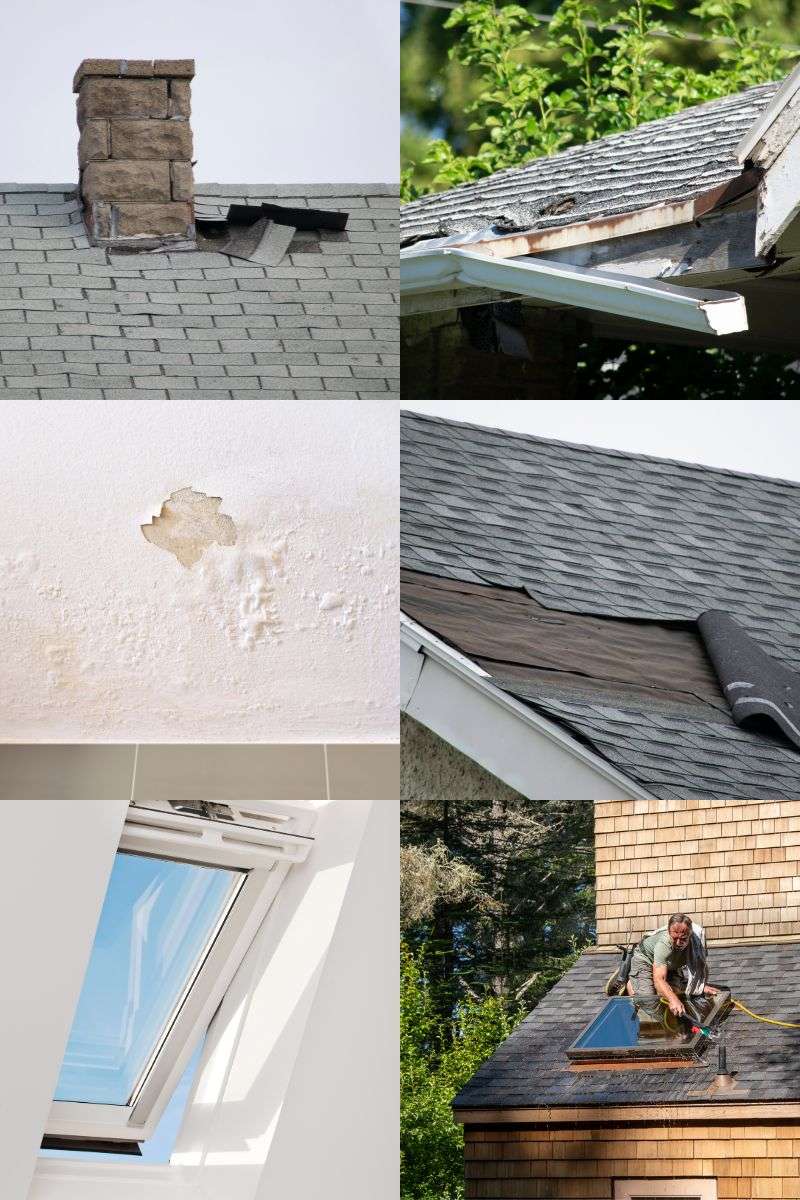
Underlying Repairs
When replacing a roof, contractors may find underlying structural problems such as rotting wood, leaks, pest infestations, or water damage. These hidden issues can increase your costs but are essential for ensuring your new roof’s longevity and performance. Addressing these problems during the replacement process can prevent more severe damage later.
Here are some common underlying repairs associated with roof replacements:
- Pest infestations, such as termites or rodents
- Roof truss repair or reinforcement
- Venting and ridge cap repair
- Water damage restoration
- Underlayment replacement for added waterproofing
- Insulation replacement to maintain energy efficiency
- Fascia or skylight replacement
- Flashing replacement to prevent leaks
Be sure to discuss these potential extra costs with your roofer before the project begins. Being aware of possible repairs upfront can help you budget more effectively for the project.
Roof Warranty
Most roofing contractors offer warranties to protect homeowners from issues that may arise after the replacement is completed. Warranties vary in terms of coverage and length, with higher-quality manufacturers often providing longer and more comprehensive warranties. Understanding the details of your warranty can save you stress if any problems occur later.
We’re proud to be an Owens Corning Platinum Preferred Contractor, which allows us to offer some of the industry’s longest warranties. This distinction provides our customers with peace of mind, knowing their investment is protected. When requesting quotes from contractors, always inquire about warranty options, coverage, and additional costs.
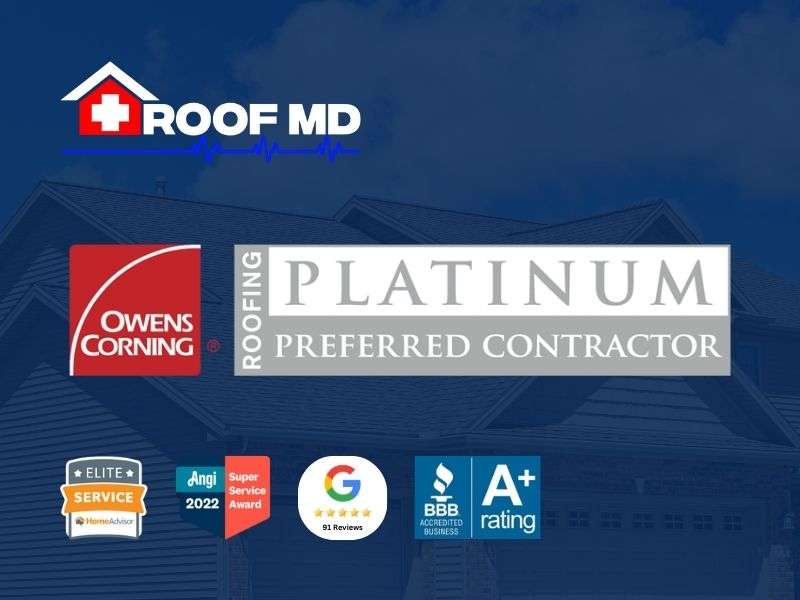
Roof Homeowners Insurance
In many cases, homeowners insurance can help cover the cost of roof repairs, replacements, or additions. Most policies include coverage for damage caused by storms, hail, or other natural disasters, though specific coverage limits or exclusions may apply. Some insurers even offer extended coverage options for additional premiums.
Before starting any roofing project, consult your insurance provider to understand what’s covered and whether you’ll need to pay a deductible out of pocket. Keep in mind that proper documentation, such as itemized receipts and before-and-after photos, can be invaluable when filing an insurance claim. This ensures a smoother process and increases the likelihood of reimbursement.
Roof replacements can be costly, but with careful planning and a clear understanding of the potential expenses, you can make informed decisions and protect your home for years to come.
How Much Does a Roof Cost? Get a Detailed Estimate Below!
The cost of replacing a roof depends on several factors, including the size of the project, the type of materials used, labor costs, necessary permits, and any additional repairs required. For example, larger roofs or high-end materials like metal or slate will typically cost more, while simpler projects may be more budget-friendly.
If you’re located in Tennessee or Georgia, you can use our roof replacement cost generator below to get an estimate tailored to your home. We specialize in professional roof replacements, offering quality craftsmanship and reliable service, and we’re always happy to guide you through the process. Let us help you protect your home with a durable and efficient new roof!
